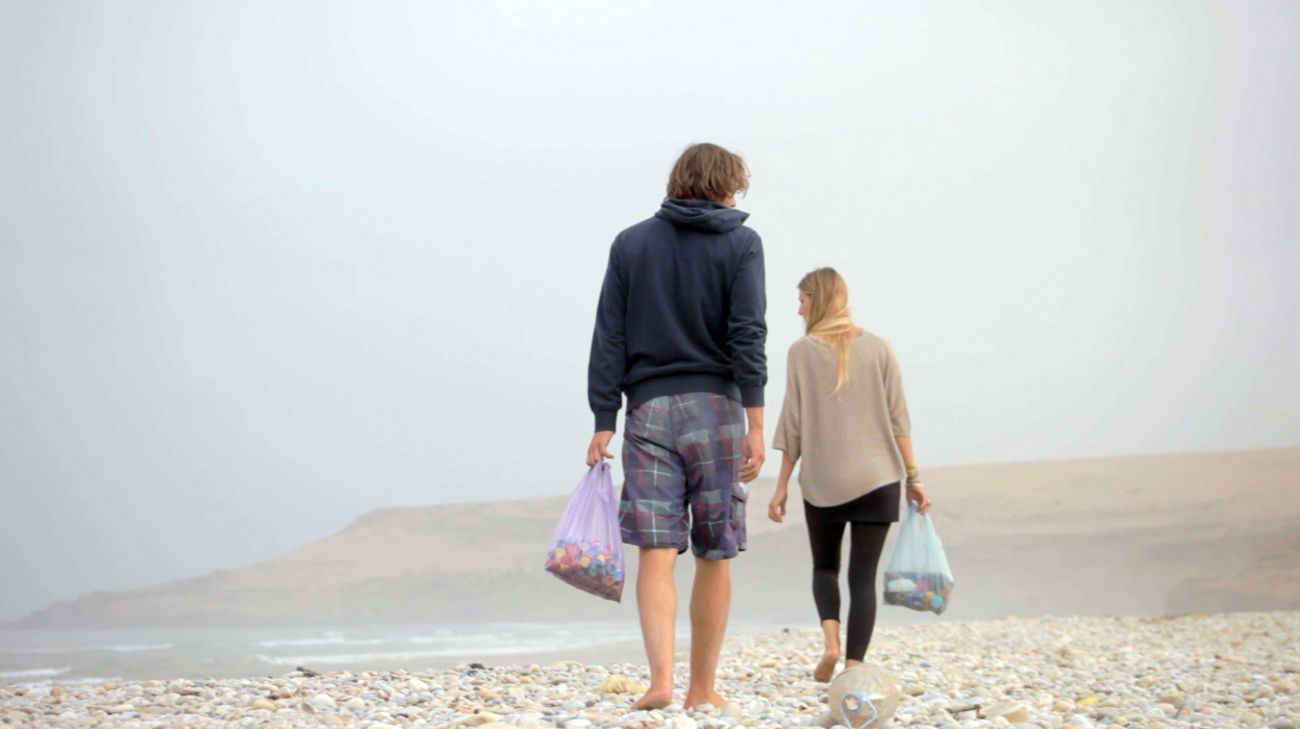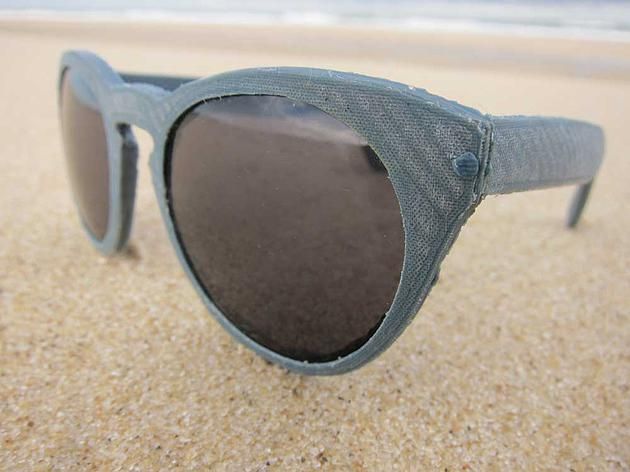A Dutch company supports a lifeline for amputees in the developing world
When a Cambodian lost a limb due to anti-personnel mines left over from the country’s wars, the prosthetics available were typically cosmetic and ineffective. Meanwhile, in Nepal three quarters of amputees had no access at all to prosthetics. That was until a Dutch company called Ultimaker partnered with Victoria Hand, a Canadian charity, to customise prosthetics with a 3D printer. “We are now working to provide amputees with customised and functional prosthetics,” says Josh Coutts, the charity’s chief designer, “together with real design and manufacturing services.”
3D printing can be applied in a multitude of different domains, from the arts to the development of car parts and medicine. High-tech industries are already using it for major projects. The European Space Agency's Amaze project aims to make it possible to use 3D printing to produce parts for the aerospace industry on an industrial scale. In Amsterdam a 3D-printed bridge stretches 6.5 m across a canal and should enter service in 2017. Observers believe that this technology will play an important role in new production methods. Economist Jeremy Rifkin thinks it could be an element of his Third Industrial Revolution concept.
Against this background, in September 2016 the European Investment Bank granted a loan of EUR 15 million to Ultimaker to strengthen its R&D activities and to roll out new products. “For now, Ultimaker's core market is centred on office and personal printers,” says Andreas Papadimitriou, the EIB investment officer who worked on the transaction. “Ultimaker printers price is on the high end of the desktop 3D printers industry but they are widely perceived as faster, more accurate and with a better operating software. This financing will also help Ultimaker to work on a new category of printers for professional customers.”
A cleaner, circular world

Fabian and Jennifer collect plastic waste on the Spanish coast
Dutch couple Fabian and Jennifer set themselves the challenge of removing all kinds of plastic waste from the coast, then giving it a new lease of life. They call it Project Seafood. The couple travels from the Spanish coast to Morocco collecting plastic, which they will use to make and sell glasses, bags and jewellery. “We all have a role to play in caring for the environment. With Project Seafood, we wanted to turn the industrial revolution into a sustainable revolution via the circular economy. To do this, it was extremely important for us to use a robust, easy to maintain and very reliable printer,” says Jennifer. Fabian adds: “We couldn't risk our manufacturing tool letting us down after such a long journey. Our Ultimaker has had to endure bumpy roads, sea salt and sand, but has never stopped working.”

Project Seafood: 3D-printed glasses made using recycled plastic that will be resold by the charity
A fun way to get young people into science
Ultimaker gave a 3D printer to Vathorst College in the Netherlands to improve science and maths learning. Over five weeks, small groups of pupils learnt how to build the components of a rocket using a 3D printer. Then they assembled it. According to Vathorst teacher Sara Seamari, integrating future methods into teaching science and maths makes learning easier, as it brings educational concepts to life.
“The 3D printer has a number of definite advantages,” she says. “Pupils can visualise things much more easily, which is not always the case with 2D. They not only develop knowledge of 3D printing, but can also explore making things themselves. They can also build working prototypes and solve real-life problems.”
Encouraging creativity
To encourage the use of 3D printing in the classroom, in November 2016 Ultimaker held a Europe-wide competition asking young people to make a creative object. Of the 250 entrants, 50 finalists won a 3D printer, a training course and a year of supplies. They are also now members of Ultimaker's Pioneer programme, which should soon be expanded to Africa and the Middle East.
“This programme aims to promote science education in schools. However, it would not be possible without the enthusiasm of our teachers, not to mention the cooperation of the EIB, who are the main sponsors of our educational challenge and who are just as devoted to education as we are. With their support, we will open the programme to more people across the world, which is an exciting prospect” says Svitlana Lozova, marketing specialist at Ultimaker.
